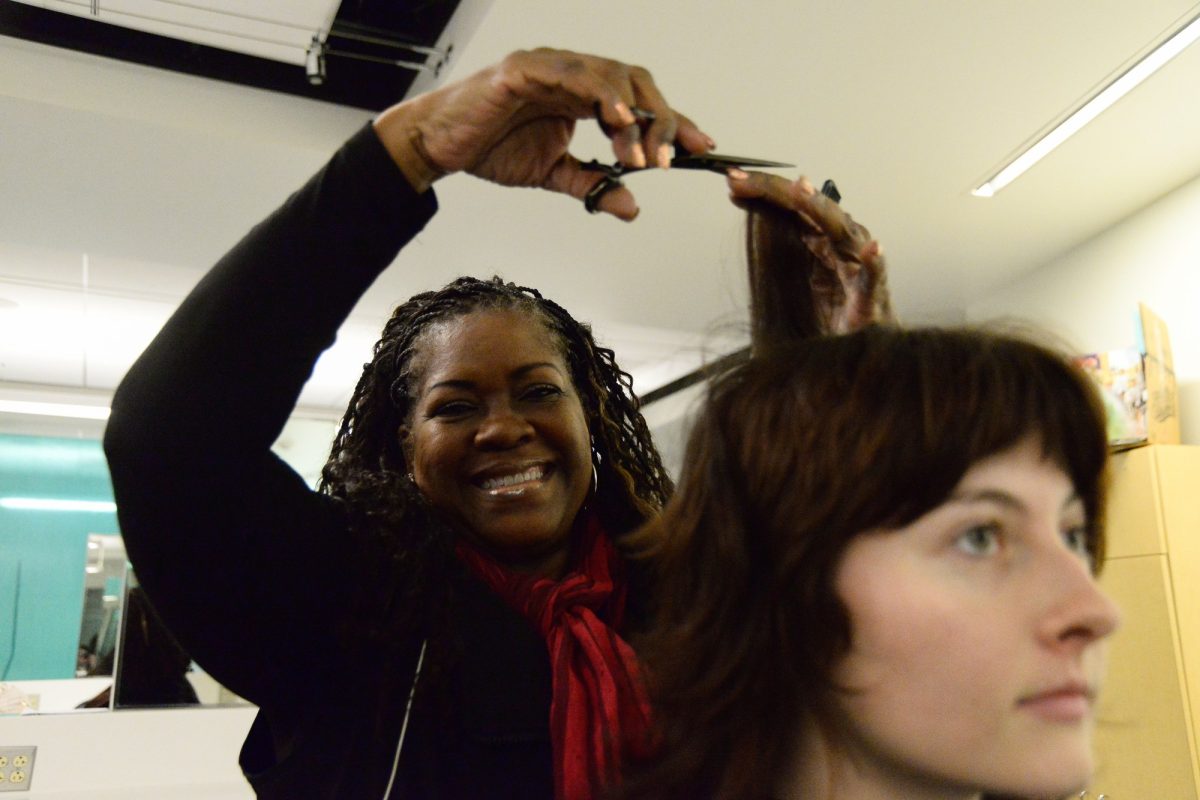They can hit you like a ton of bricks or sneak up suddenly in the middle of your favorite activity; more studies are showing college-aged adults suffering from headaches and migraines, but fewer people are seeking treatment.
According to Harvey Simon, MD, one type of headache that affects about 40 percent of the population before the age of 20, and an additional 40 percent between ages 20 and 40, is known as a tension headache. These headaches are similar to migraines, but are less severe and debilitating, often accompanied by symptoms such as light or sound sensitivity, mild visual disturbances, depression, anxiety, irritability and/or sleeping problems.
Some causes of tension headaches include stress, physical strain or overwork, dehydration, hunger, sensitivity to changing weather or barometric pressure or chronic poor posture. Any number of these unpleasant events can happen in the course of a normal day, and often do, leading to negative health effects such as bothersome headaches.
“Whenever I’m really hungry, I get them, or when I’m too stressed out,” Lynn Barzola, art major, said.
But seeking relief may not be enough if it is not in the right area.
For example, if one is hungry, food might be a good idea to balance this, but it can actually prolong the headache’s effects or minimize it for a short period of time. According to Simon, some foods such as chocolate, cheese and monosodium glutamate (MSG), can actually contribute to headaches.
“If students go through the day without eating and the stresses that happen in the day they can become hypoglycemic and get a headache not so much from tension, but from low blood sugar,” Tom Storer, physical education professor, said.
Smoking a cigarette to ease the mental tension can constrict and harm blood vessels in the brain which, when combined with nerve abnormalities or bad nerve receptors, can create some of the most painful headaches such as a cluster headache or a migraine.
Even taking medicine or pain relievers can create a state where the brain becomes adjusted to the expanding effects that medicine has on blood vessels in the brain, and thus actually cause headaches unless the pain reliever is in one’s system.
Since ancient times, people have used herbs and other methods to calm these flaring pains in the cranium. Also, many headaches occur because one is dehydrated.
“There is a great value in stress relief through exercise. Just take about thirty minutes to get up and go walk outside and stop reading. Exercise is a good dissipater of stress,” Storer said.








